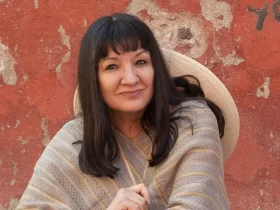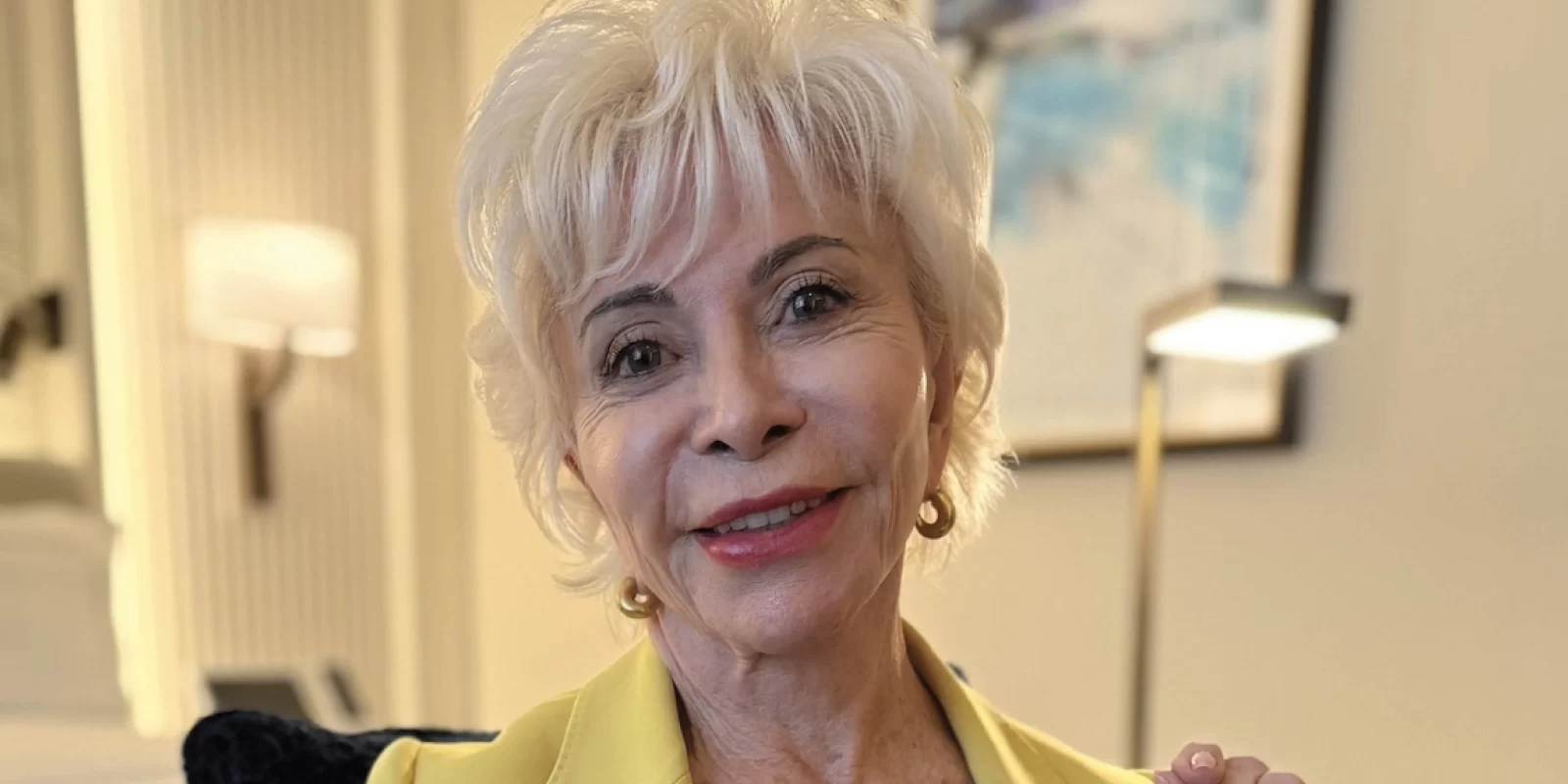Some writers become bridges between cultures, generations, and languages. Isabel Allende is one of them. She was born in Lima, Peru, on August 2, 1942, although her life and work have always been deeply linked to Chile, her homeland, and to the entire world, which has read, admired, and celebrated her as one of the most influential authors of our time.
Since she published The House of the Spirits in 1982—that first novel that burst onto the scene with the tradition of magical realism and became an instant classic—Allende has not stopped telling stories. Stories where the intimate and the political intertwine, where women play a central role, and where collective memory becomes another character.
A life marked by travel, loss, and reinvention
The daughter of a diplomat and distant cousin of President Salvador Allende, Isabel grew up in different countries, learning from an early age what it means to be a foreigner. That feeling of not quite belonging accompanied her throughout her life and ended up becoming one of the hallmarks of her writing.
After the military coup in Chile in 1973, she went into exile in Venezuela. It was there, on a borrowed typewriter, that she began the novel that would catapult her to worldwide fame. Later, the United States became her permanent home, a place from which she has continued to write and where she has also received such important awards as the Medal of Freedom (2014) and the National Book Award Medal of Honor (2018).
But it has not all been success and applause. The loss of her daughter Paula in 1992 marked one of the most painful chapters of her life. From that grief came the moving book Paula (1994), in which the author opened up her private life to transform her pain into healing literature.
A writer who writes with her heart
Isabel Allende does not write only with ink, she writes with life. Every January 8, religiously, she sits down to begin a new story. Her discipline and creativity have resulted in more than 20 books, translated into more than 40 languages and with more than 70 million copies sold.
Titles such as Of Love and Shadows, Eva Luna, Daughter of Fortune, Long Petal of the Sea, and Violeta have won over readers in every corner of the globe. And on every page, her style shines through: warm, full of humor, with unforgettable characters and a critical but hopeful view of Latin America and the human condition.
Isabel Allende today
At over 80 years old, Isabel remains tireless. She has shown that literature has no borders, that a well-told story can cross oceans and unite cultures. And above all, that the voice of a Latin American woman can become a universal echo.
Because Isabel Allende is not just a writer. She is a chronicler of memory, an eternal traveler, a woman who has known how to transform losses into words and words into bridges.
In La Revista Binacional, we celebrate her as part of our Latino Excellence section: a beacon that continues to light the way for those who believe in the power of stories to change the world.


































Leave a Reply